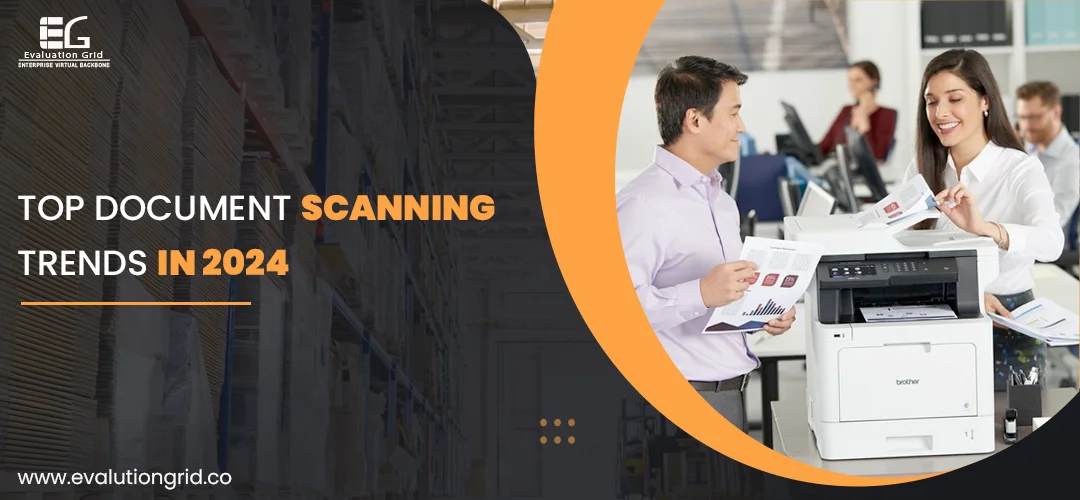In today’s digital age, it’s easy to assume that all data storage should be electronic. Still, physical record storage is essential for integrity and data security. This strategy presents special advantages that can complement digital systems by providing a strong, hybrid data management solution.
Physical Records Storage
Physical records storage is the process of physically storing papers, files, and other kinds of records on paper instead of digital versions. For many companies and organizations, physical records storage is still crucial even with the developments in digital technology. It provides a degree of dependability and security not usually possible from digital storage alone.
Enhanced Security
Improved security is one of the main advantages of physical records storage. Digital corruption, hacking, and cyberattacks are not vulnerabilities of physical records. Although viruses or other hostile software might damage digital data, physical documents kept correctly are protected against such hazards. Maintaining sensitive data in a safe physical place helps companies to guarantee that their data is kept free from illegal access.
Compliance with Legal Requirements
Strict rules for record management and storage apply to many different businesses. Legal, healthcare, and financial industries, for instance, can have certain standards for the length of time documents must be retained and their storage method. By storing records physically, companies can comply with these rules and guarantee the avoidance of possible legal problems and fines.
Disaster Recovery
Physical records can be a dependable backup should a digital failure occur—such as a ransomware attack or a server crash. Physical document storage guarantees an extra degree of security, guaranteeing that important information is not lost permanently. Organizations that keep tangible copies of important records will be able to bounce back from events faster and carry on with the least disturbance.
Cost-Effectiveness
Physical records storage is a more affordable option, even if digital storage solutions sometimes demand continuous expenses for security measures, technical support, and software upgrades. Once stored correctly, physical records require little maintenance. Small firms or companies with tighter budgets could especially find this helpful.
Accessibility and Ease of Use
Particularly for those who are not at ease with digital technologies, physical records are sometimes simpler to obtain and use. Documents can be rapidly accessed and reviewed by staff members without requiring navigating difficult digital systems. This simplicity of access can improve effectiveness and output inside a company.
Long-Term Preservation
As technology develops, digital formats might become obsolete. If the program used to produce old files loses support, the files could become unavailable. Conversely, physical records provided they are kept in a regulated environment can be kept endlessly. This guarantees that crucial records stay easily available for the next reference.
Hybrid Approach: Combining Physical and Digital
Many firms are embracing a hybrid approach to data management that which combines physical and digital record storage. This strategy uses the advantages of both techniques to offer a complete and safe answer. Digital records can be utilized for daily operations and fast access, for instance; physical records are backup and long-term preservation tools.
Implementing a Physical Records Storage Solution
Businesses should consider many elements if they want to properly apply a physical records storage system. First, they should pick a safe place to keep actual records. This might be an off-site storage facility or an on-site storage room. Environmental dangers include fire, water damage, and vermin, which should not compromise the storage facility.
Companies should then create a mechanism for sorting and classifying actual records. This can call for filing cabinets, labelled folders, and shelves. An orderly system guarantees that all documents are kept logically and facilitates the retrieval of needed records.
Physical Record Management
Good physical record management depends on maintaining the security and access to physical records. Frequent audits are part of this process to guarantee the correct storage of all records. Companies should also develop policies for the retention and disposal of records to guarantee that obsolete or extraneous records are safely deleted.
The Role of an Evaluation Grid
An Evaluation Grid, determining the efficiency of a physical records storage system. It offers a methodical means of assessing several facets of the storage system, including compliance, accessibility, and security. Using an Evaluation Grid helps companies spot areas that require work and guarantee that their chosen physical record storage system satisfies their requirements.
Evaluation Grid for Physical Records Storage
Since it offers a disciplined framework to evaluate and improve many facets of physical record management methodically, an Evaluation Grid is the best choice for holding actual documents. An Evaluation Grid guarantees that all important elements are taken into account and maximized by applying criteria including security, organization, compliance, preservation, and economy. By means of this methodical approach, companies can ascertain areas of strength and areas for development, therefore ensuring that their physical documents remain legally compliant, remain easily accessible, and remain safely kept. In the end, an Evaluation Grid keeps the dependability and integrity of physical record storage systems.
In essence, physical record storage has many advantages that make it a necessary part of a complete data management plan. From increased security and compliance to disaster recovery and long-term preservation, physical documents give companies of all kinds a dependable and reasonably priced answer. Effective physical record management techniques and technologies like assessment grids help companies ensure that their data is safe and easily available for years to come.










